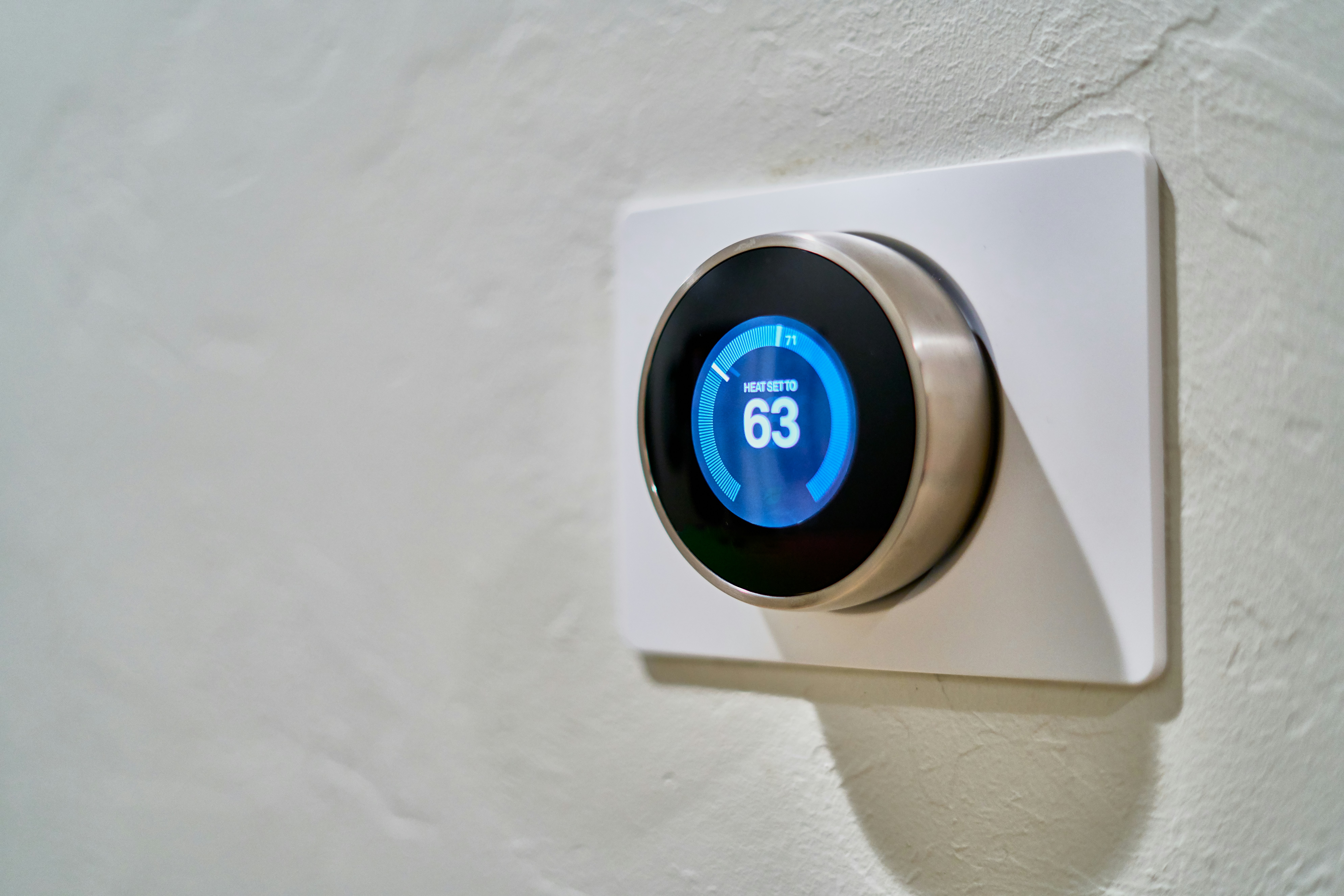What does it mean to have a smart home? How do all of these smart devices work? Will I see a return on my investment if I upgrade the devices within my house? These are just some of the common questions people have when they start to learn about smart technology. Advances over the last decade or so, especially with appliances, have made significant progress towards automating some household tasks and chores that are easy to overlook or that free up a little more time for you.
Whether it’s helping to make a grocery list when items run out or regulating the temperature, so you always return to a temperate home, the quality-of-life difference in having a smart home is clear, but are they a good use of money for someone who intends to sell one day? Read on to find out.
What are the benefits of having a smart home?

For those who don’t have a lot of experience with smart devices, you might be wondering what exactly a smart home is and what the benefits are of investing in one. The reality is now you can find everything from smart thermostats to smart plugs to smart lights to smart appliances in your kitchen. The best part is that many of these devices can communicate and develop synergy with each other within your life, taking a lot of minor responsibilities and chores off your table. For example, smart refrigerators can let you know when you’re running low or out of something so you can automatically add it to your shopping list.
While upgrades to systems like your HVAC can require some investment, if your cooling system is beyond repair, it’s a great excuse to upgrade to a smart HVAC system that can sync with the rest of your smart devices. For reference, experts recommend an annual inspection and full replacement every 10-15 years. A smart HVAC system can make a significant difference in the comfort of your home, offering features like automation that can raise or lower the temperature automatically on a schedule, even when you aren’t home.
Features like this help reduce your energy consumption and lower your utility bills by making it slow you don’t need to run your air conditioner all day to come home to a cool home or keep the heat on all night to maintain a comfortable temperature. Essentially, this is what smart technology is supposed to be like, making daily tasks and responsibilities a little easier to manage while helping your home be conducive to your lifestyle.
Is a smart home worth the cost?
It depends on your budget, which upgrades you’re pursuing, and your living situation, whether or not it’s a smart idea to turn your house into a smart home. First, identify which smart technology pieces would be the most useful in your future smart home, and research which ones buyers are most interested in. Due to concerns about security and privacy, features that consumers are familiar with are your best bet. Some experts think that even just a $1,000 investment in things like a smart doorbell or smart thermostat is enough to make a difference for buyers.
One other issue is apprehension for buyers who aren’t familiar with smart technology. You must educate any potential buyer about the technology in your home and explain how it functions and why it’s useful to you. When showing your home, one idea is to laminate small cards detailing the basics of the smart features of your home and providing a link or location to find more information.
While smart technology isn’t for everyone, smart homes are becoming more and more popular, and they seem like they’re here to say. As smart devices become more secure and more common, consumers will likely start to see the technology as more relevant and necessary for their day to day lives. Familiar items like smart doorbells, smart thermometers, and smart HVAC systems are already starting to become standard in high-end homes. When it comes to generating a return on investment, smart homes can be a winner, as long as you keep your spending under control. If you stick to upgrades that aren’t well-reviewed for safety and security and avoid running up your budget, smart technology is a great idea for homeowners to sell in the future.



